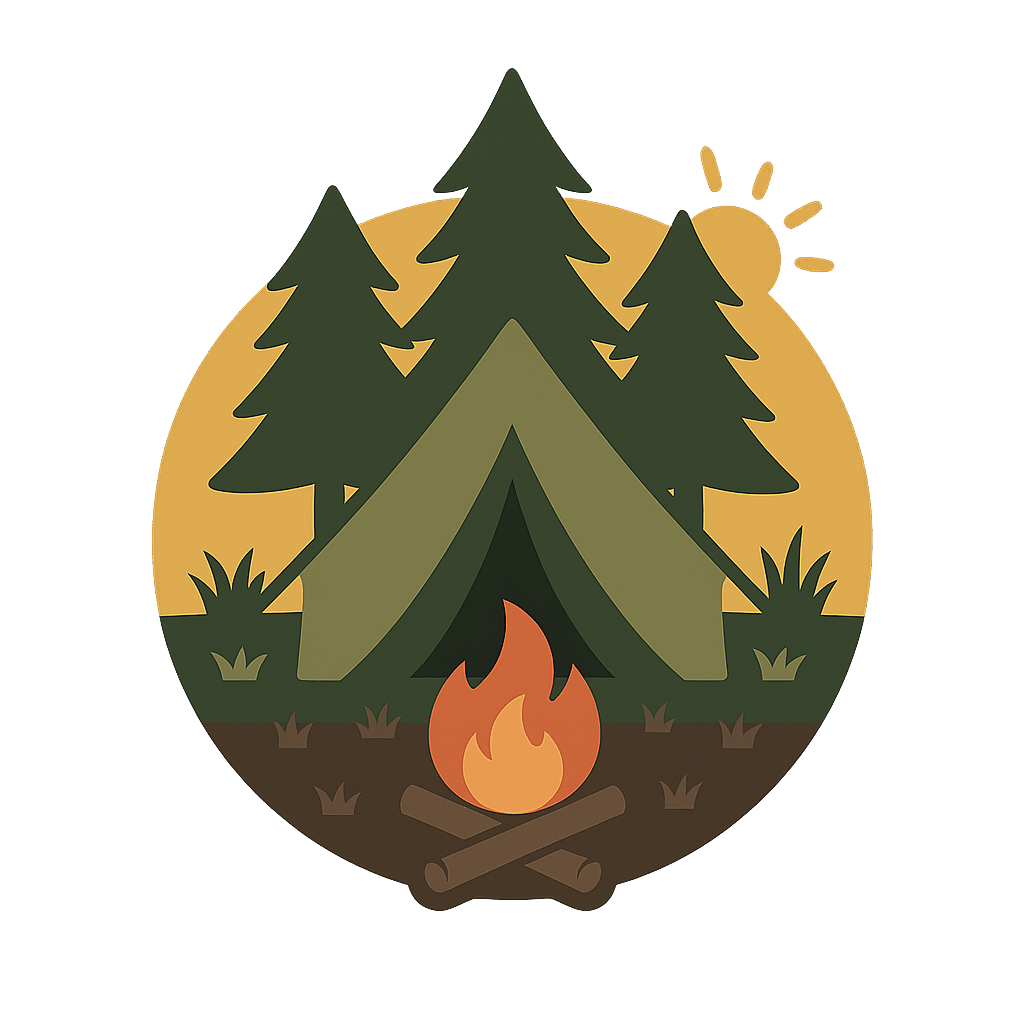Camping in the great outdoors offers a refreshing escape from the hustle and bustle of daily life. However, as exciting as it can be, camping comes with its fair share of risks. Minor injuries like cuts and bruises or more serious incidents like sprains or burns can quickly dampen the adventure if you’re not prepared. By understanding how to prevent and handle these potential mishaps, you can ensure a safe and enjoyable camping experience.
In this guide, we’ll explore practical tips to avoid common camping injuries, equip you with first aid knowledge, and empower you to handle emergencies. Whether you’re a novice camper or a seasoned outdoor enthusiast, these insights will help you navigate the challenges of outdoor safety with confidence.
1. Common Camping Injuries and Their Prevention
Cuts and Scrapes
Prevention:
- Wear sturdy, protective clothing like long sleeves and pants when hiking through dense foliage.
- Use gloves while handling firewood or sharp tools.
- Keep your campsite free of clutter to avoid tripping and falling.
What to Do:
- Clean the wound with clean water to remove debris.
- Apply an antiseptic and cover with a sterile bandage.
- Monitor for signs of infection, such as redness or swelling.
Burns
Prevention:
- Use fire pits or designated areas for campfires.
- Keep a safe distance while cooking or stoking the fire.
- Always supervise children around open flames.
What to Do:
- Run cool water over the burn for at least 10 minutes (do not use ice).
- Cover the burn with a clean, non-stick dressing.
- For severe burns, seek medical attention immediately.
Sprains and Strains
Prevention:
- Wear supportive footwear with good grip to prevent slips and falls.
- Warm up and stretch before engaging in physical activities.
- Avoid carrying overly heavy backpacks by packing only the essentials.
What to Do:
- Use the R.I.C.E. method: Rest, Ice, Compression, and Elevation.
- Wrap the injured area with an elastic bandage to reduce swelling.
- Avoid putting weight on the injured area until it has healed.
Insect Bites and Stings
Prevention:
- Apply insect repellent with DEET or natural alternatives.
- Wear lightweight, long-sleeved clothing.
- Keep your tent zipped closed and use mosquito netting when sleeping.
What to Do:
- For minor bites, clean the area and apply anti-itch cream.
- If stung by a bee, remove the stinger by scraping it off with a credit card (do not pinch it).
- For allergic reactions, use an antihistamine or administer an EpiPen if prescribed, and seek emergency help.
2. Preparing for Emergencies
Assemble a Comprehensive First Aid Kit
A well-stocked first aid kit is your first line of defense against camping injuries. Your kit should include:
- Adhesive bandages in various sizes
- Antiseptic wipes and ointments
- Gauze pads and medical tape
- Tweezers and scissors
- Pain relievers like ibuprofen
- A digital thermometer
- Emergency blanket
Learn Basic First Aid Skills
Taking a basic first aid course can make a significant difference in handling camping injuries effectively. Skills like CPR, wound care, and immobilization techniques are invaluable in emergencies.
Carry a Communication Device
Always have a fully charged mobile phone, GPS device, or a satellite communicator if camping in remote areas. This ensures you can call for help if needed.
3. Injury Prevention Tips for Specific Camping Activities
Hiking
- Stick to marked trails to avoid hazardous terrain.
- Use trekking poles for balance and stability.
- Stay hydrated and take regular breaks to prevent fatigue.
Cooking
- Keep flammable items like paper towels and clothing away from open flames.
- Use camp stoves that are stable and designed for outdoor cooking.
- Avoid handling hot utensils without proper protection like heat-resistant gloves.
Swimming
- Only swim in designated areas where lifeguards are present.
- Avoid diving into unknown waters to prevent head or spinal injuries.
- Always supervise children near water.
4. Handling Serious Injuries in the Wilderness
Head Injuries
- Keep the injured person awake and alert if possible.
- Apply a cold compress to reduce swelling.
- Monitor for signs of a concussion, such as confusion or dizziness, and seek immediate medical assistance.
Fractures
- Immobilize the affected area using a splint or padded support.
- Do not attempt to realign the bone.
- Keep the injured limb elevated if possible.
Severe Bleeding
- Apply firm pressure to the wound with a clean cloth.
- If the bleeding doesn’t stop, continue applying pressure and add additional layers of cloth without removing the initial one.
- Seek emergency help as soon as possible.
5. Tips for Overcoming Camping Challenges
Injury prevention is just one aspect of navigating camping challenges effectively. By staying prepared, adaptable, and informed, you can minimize risks and maximize your enjoyment. Whether it’s learning how to secure your campsite, handle wildlife encounters, or manage limited resources, your knowledge and preparation are the keys to a successful camping trip.
6. Staying Calm in Stressful Situations
Practice Mindfulness
Panic can make situations worse. Take deep breaths and focus on assessing the situation logically.
Use a Safety Plan
Always share your camping itinerary with someone back home and establish check-in times. This ensures help can arrive quickly if needed.
Trust Your Gear and Skills
Investing time in understanding your equipment and practicing survival skills beforehand will give you the confidence to handle unexpected situations.
Conclusion
Camping injuries can happen to anyone, but with the right preparation and knowledge, you can prevent most mishaps and handle those that do occur with confidence. From packing a comprehensive first aid kit to learning basic survival skills, these proactive steps are essential for a safe and enjoyable outdoor adventure.
Remember, the great outdoors is a place of beauty, challenge, and discovery. By staying prepared and vigilant, you can overcome any obstacle and create unforgettable camping memories.

